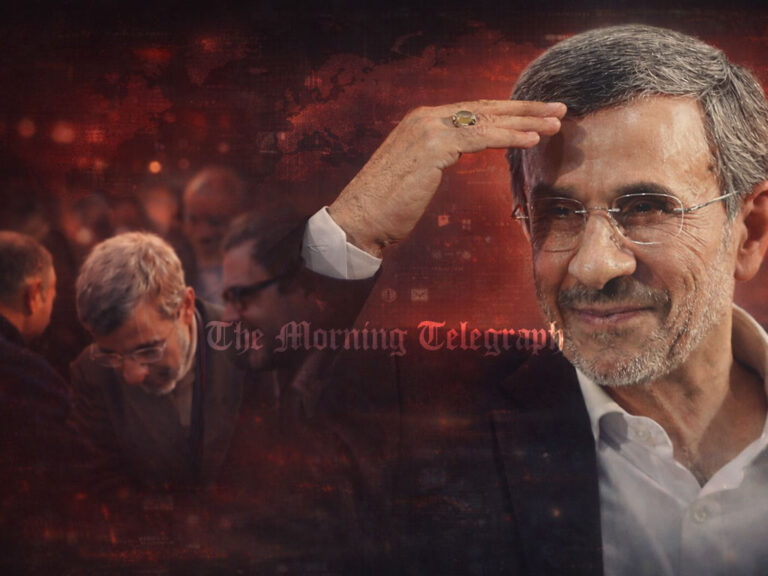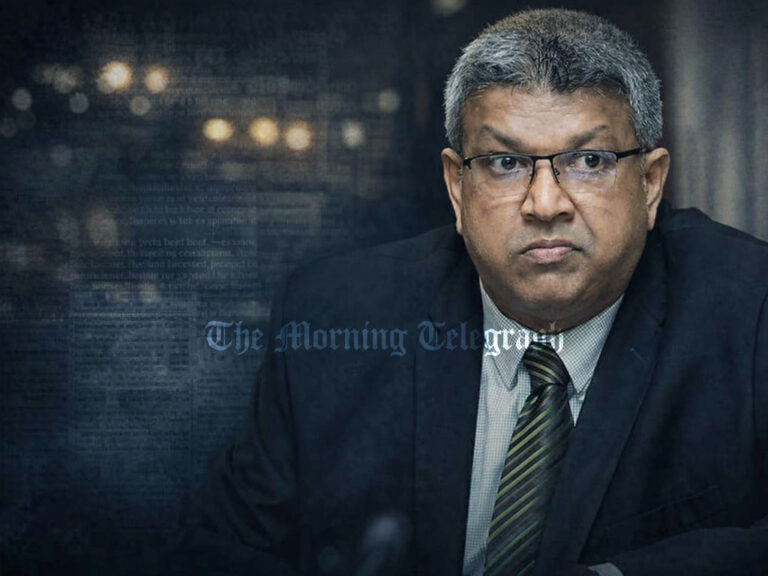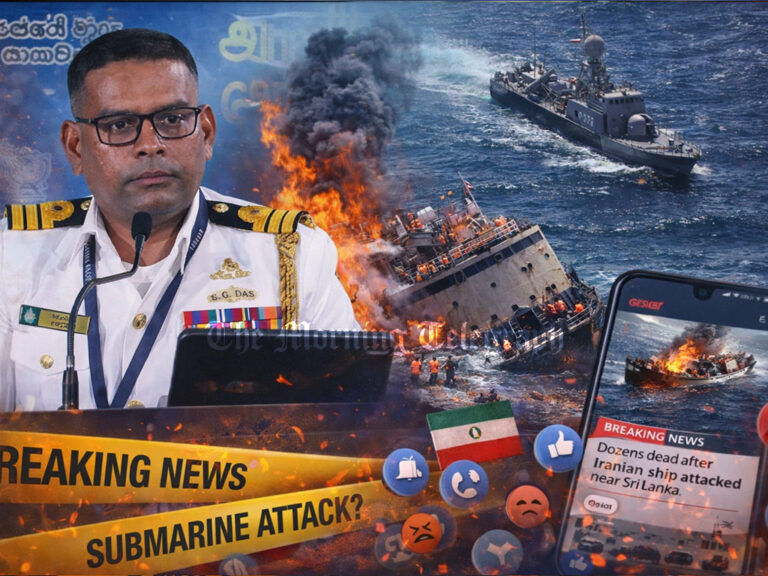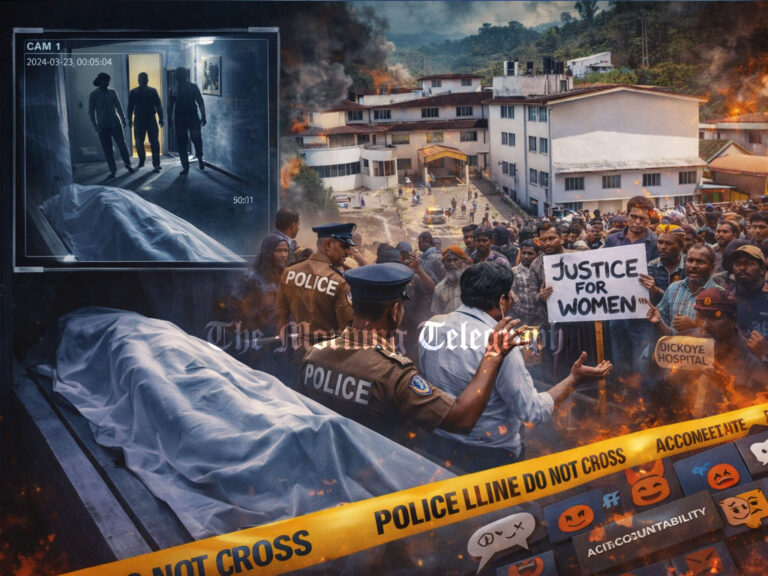
President Anura Kumara Dissanayake has called for an urgent and comprehensive overhaul of Sri Lanka’s public service system, citing its inefficiency, high costs, and the erosion of public trust. Speaking at the District Secretaries/Government Agents Conference held at the Ministry of Home Affairs Auditorium in Narahenpita, the President emphasized the need to restructure public institutions to better serve the country’s evolving needs. This transformation, he explained, is essential to create a more effective, transparent, and accountable public service capable of navigating the modern global landscape.
The President addressed the longstanding role of the District Secretary (formerly Government Agent), a position that has been pivotal in Sri Lanka’s administrative history for over 200 years. However, despite its historical significance, President Dissanayake acknowledged that the public service system is now facing numerous challenges, with many people losing confidence in its ability to deliver fair and timely services. He attributed this loss of trust to a broader issue with public institutions, which he stated have essentially “collapsed” under the weight of outdated practices and inefficiencies.
He remarked that the ultimate goal of restoring public service to its former standard was not yet met and that much work remains to be done in rebuilding public faith in state institutions. The President called for an introspective look at the system to determine whether the country is truly prepared to restore and reform it. He also noted that the responsibility to reform the system does not rest solely with the political authority, but with the public service as well, which must be held accountable for its actions.
Furthermore, the President highlighted the pressing need to bring the public service in line with global standards and ensure that officers are prepared to lead in an increasingly complex world. To address this, he announced plans to send 1,500 public servants to India for training in fields relevant to their roles. This international collaboration aims to provide Sri Lanka’s public officials with the necessary tools to adapt to the modern demands of governance and public administration.
In addition to workforce training, President Dissanayake confirmed that his government plans to offer scholarships to a significant number of students passing the Advanced Level exams next year, enabling them to study abroad and gain exposure to global best practices. The scholarships are part of a broader effort to prepare a new generation of leaders capable of contributing to Sri Lanka’s future development.
Addressing the structural challenges within the public service, President Dissanayake announced the creation of a new committee tasked with reviewing and restructuring existing public institutions. This committee will take decisions independently of political influence, with the aim of ensuring that the public service operates within a more formalized and transparent framework. While he assured that there are no plans to reduce the size of the public service, he stressed that the system must become more cost-effective and streamlined to better serve the needs of the nation.
The President also reiterated his commitment to promoting key projects that will benefit the public. Among these are the implementation of the digital identity card project, which will modernize administrative processes, and the Clean Sri Lanka initiative, a nationwide campaign aimed at improving cleanliness and public hygiene. These efforts, the President explained, are part of a broader national strategy focusing on poverty eradication, societal digitalization, and attitudinal transformation. These initiatives aim to uplift the country’s overall standard of living and help Sri Lanka align with global development trends.
The President emphasized that both public servants and political leaders share a mutual responsibility to fulfill the expectations of the people. He noted that 80% of the public’s expectations from the mandate are directed toward public servants, highlighting the need for collaboration between the political authority and public officials. The mandate, according to President Dissanayake, demonstrates that the objectives of the political authority and the public service are complementary, not contradictory.
Furthermore, the President expressed his commitment to ensuring that public servants are not subjected to injustice or unfair treatment while carrying out their duties. He vowed to support any officer who faces inconvenience or injustice while performing their role. However, he also warned that any public servant who deliberately neglects their responsibilities or disrupts the system would face strict consequences.
The President concluded his address by reiterating his belief that political authority and the public service must work in tandem to effectively address the needs of the people. He emphasized that only through the collective efforts of both sectors can Sri Lanka overcome its current challenges and pave the way for a more prosperous future.
The conference was attended by a range of senior officials, including Prime Minister Dr. Harini Amarasuriya, Minister of Public Administration, Provincial Councils and Local Government Dr. A. H. M. H. Abayaratne, Deputy Minister P. Ruwan Senarath, Secretary to the President Dr. Nandika Sanath Kumanayake, Secretary to the Prime Minister G. Pradeep Saputhanthree, and Secretary to the Ministry of Public Administration, Provincial Councils and Local Government S. Aloka Bandara, among others. The event underscored the government’s commitment to reforming the public service system and ensuring that it better meets the needs of the nation and its people.




